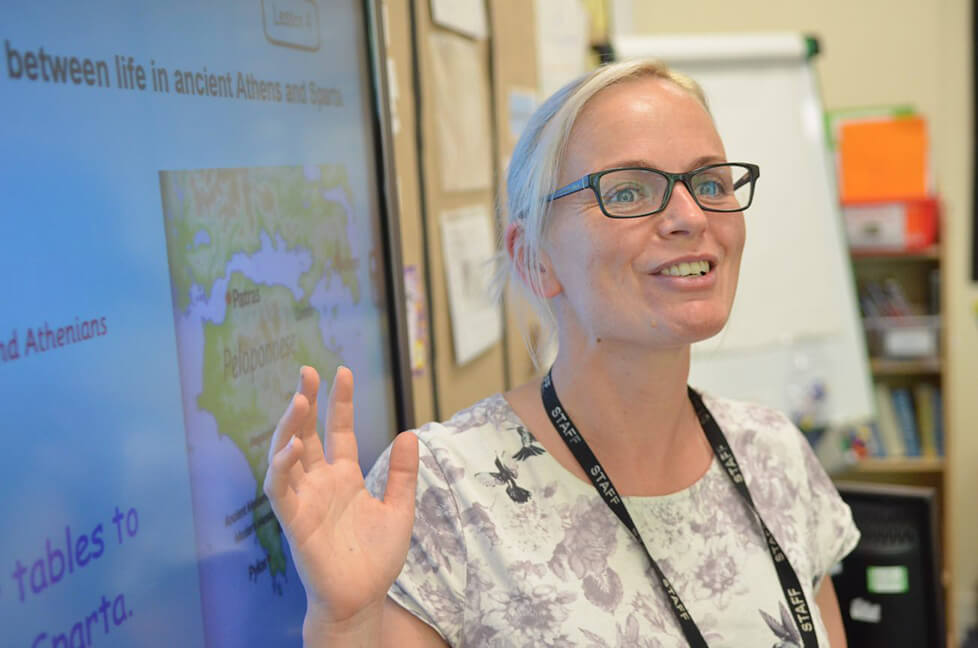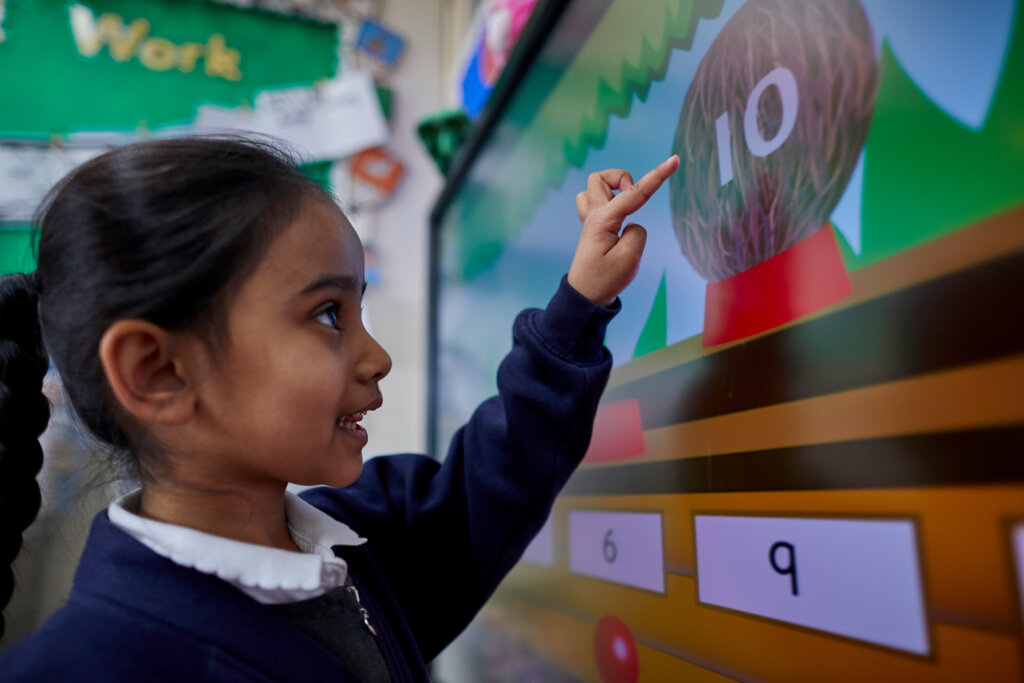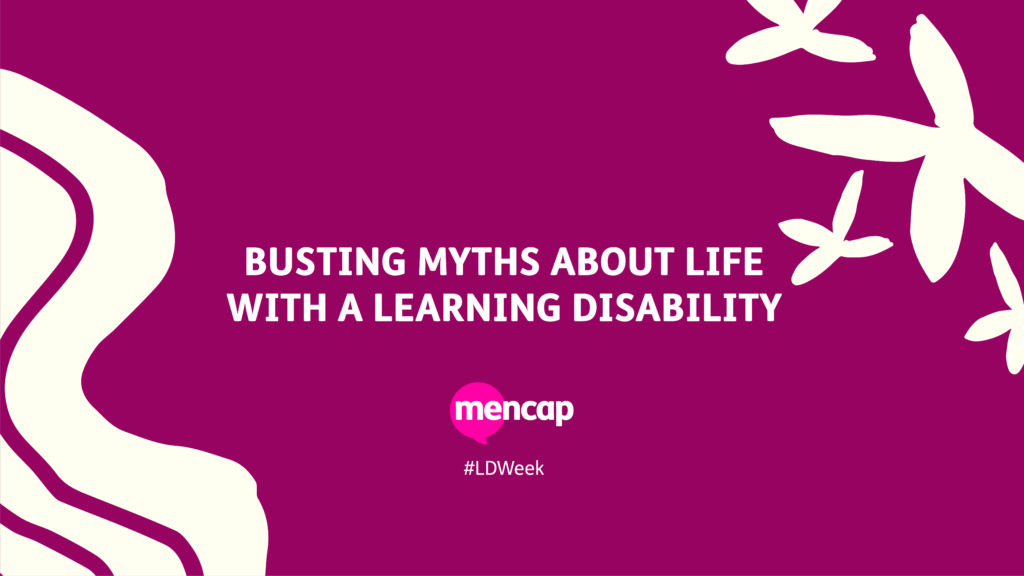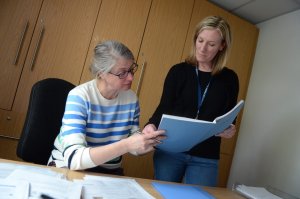This week, we join you in marking Learning Disability Week, a time to raise awareness and challenge misconceptions about living life with a learning disability. As passionate advocates for inclusion, we are proud to join the campaign to tackle inequality and shed light on all the incredible things that people with learning disabilities can achieve.
What is a Learning Disability?
A learning disability is a condition that affects the way an individual understands and processes information. These conditions are known to start before adulthood, with a lasting effect on development.
People with learning disabilities can often struggle to navigate the challenges of everyday life, as they take longer to learn new skills, understand complicated information, and may require support to help them interact with other people. It is important to remember that a learning disability is different for everyone; a person’s needs may range between mild, moderate, severe and profound. However, many services exist to provide people with the support they need, ensuring individuals with learning disabilities are able to lead happy, healthy and fulfilling lives.
The Problem of Stigma
Due to popular misconceptions, many people with learning disabilities continue to face stigma and discrimination in their day to day lives. For example, research shows that children with special educational needs and disabilities (SEND) are significantly more likely to experience bullying than their peers without SEND. As a result, people with learning disabilities can internalise feelings of shame and low self-esteem, which negatively affects their mental health.
As educators, we believe that every child deserves the best possible start in life. Learning Disability Week offers the opportunity to think about how we can break down barriers in the classroom and beyond.
The Power of Representation
Representation serves as a powerful tool in dismantling negative stereotypes. By showcasing the strengths and successes of those with learning disabilities, we can help to foster a greater sense of belonging and inclusion for every pupil in school. Read ahead to find examples of how you can introduce inspiring role models into the classroom.
- Broaden your bookshelf
Ensure that children have access to a wide range of diverse and high-quality texts, exposing children to characters with learning disabilities. Through the power of storytelling, children can gain insights into the challenges and achievements of those with learning disabilities, inspiring a greater sense of empathy and understanding.
Reading these books together can inspire class discussions, allowing children to reflect on the values of kindness, respect and acceptance and create a positive classroom culture. Importantly, children with learning disabilities will be able to see themselves reflected in literature, gaining a greater sense of belonging and reinforcing their self-belief.
- Diversify the curriculum
Introduce children to inspirational and significant figures, who prove that living with a learning disability does not limit one’s potential. Whether you are teaching science, art or history, there are many different role models you can draw inspiration from.
Recognising the extraordinary talents and achievements of those with learning disabilities will not only help to challenge misconceptions, but also empower pupils to believe in their own potential. By sharing examples of success, you can help to instil a sense of motivation and resilience in pupils, helping them to pursue their own aspirations.
- Listen and learn
Invite guest speakers to come into school to share their experiences of living with a learning disability. These might be past students, or members of the wider school community. These conversations create a safe space for open dialogue, allowing pupils to ask questions and challenge any misconceptions. This will help children develop a better understanding of what living with a learning disability really means.
Most importantly, make sure you listen to pupils’ views! Take the time to listen to children with learning disabilities and find out how you can better support them. They can often provide suggestions that we have not considered before, but are surprisingly easy to achieve!
We hope this blog has provided you with the inspiration you need to dispel the myths surrounding people with a learning disability, and shine a light on all the wonderful things they can achieve!
If you would like further support with diminishing barriers to learning, please get in touch with our SEND Support team. Our specialists have experience working in a wide range of settings, delivering one-to-one support and strategies for inclusion.
















